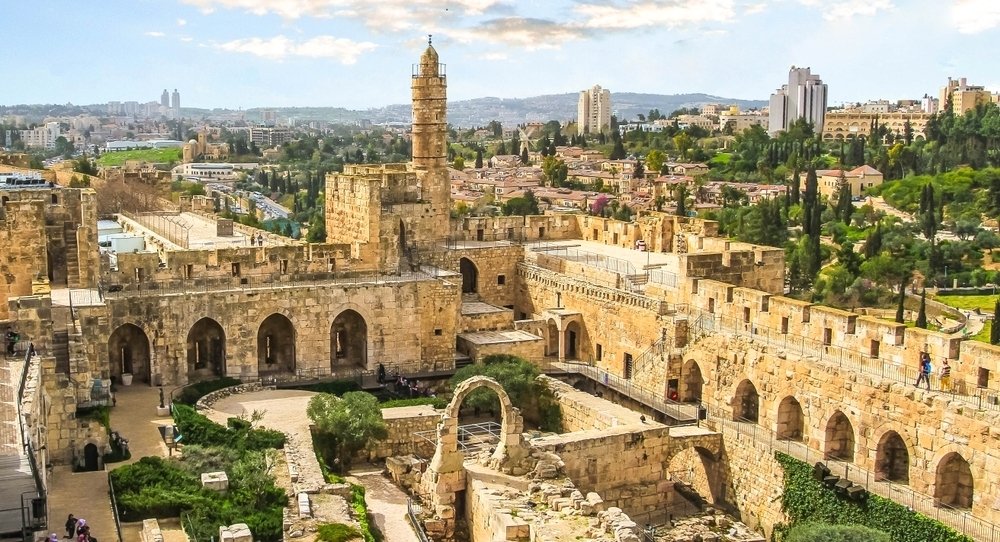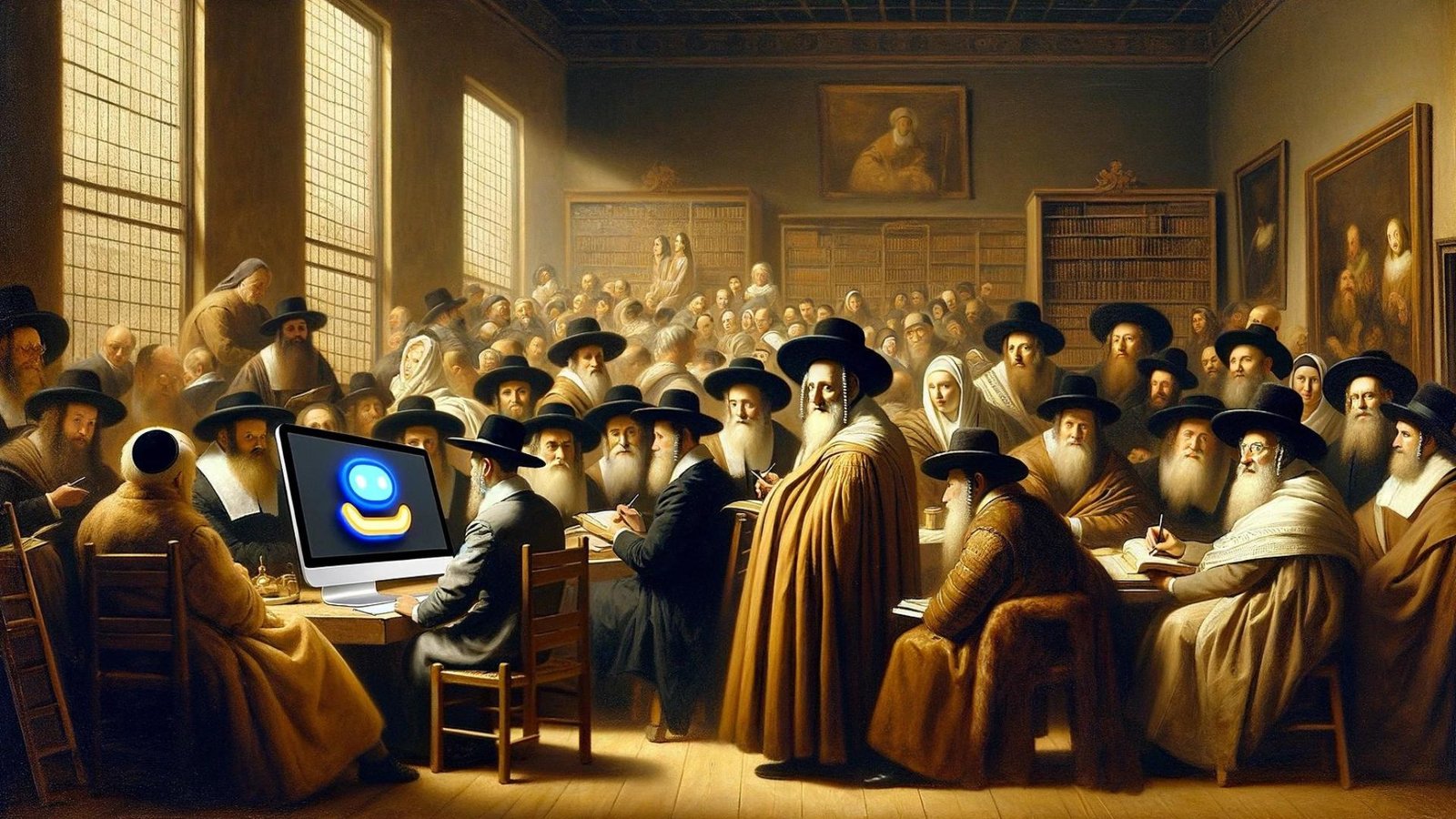The Sabbath, or Shabbat, holds a central and sacred place in Jewish life, reflecting its profound spiritual, cultural, and communal importance. Observed from Friday evening to Saturday night, Shabbat is a time of rest, reflection, and connection, deeply embedded in Jewish tradition and law. This article explores the significance of the Sabbath, its observance, and its impact on Jewish life.

Historical and Biblical Roots
Origins in the Torah
The concept of Shabbat originates from the Torah, where it is first introduced in the Book of Genesis. The Bible describes how God created the world in six days and rested on the seventh, sanctifying this day as a time of rest. This divine rest sets a precedent for the Sabbath, emphasizing the importance of periodic rest and reflection.
The Commandments
Shabbat is enshrined in the Ten Commandments, specifically in the commandment to “Remember the Sabbath day, to keep it holy” (Exodus 20:8). The Torah commands the Jewish people to refrain from work on this day and to dedicate it to rest and spiritual enrichment. This commandment underscores the Sabbath’s role as a cornerstone of Jewish law and practice.
Observance and Rituals
Lighting the Candles
Shabbat begins with the lighting of candles on Friday evening, usually done by the woman of the household. This ritual symbolizes the welcoming of the Sabbath and the transition from the regular workweek to a day of rest. The candles are lit before sunset, and their light is meant to bring peace and serenity into the home.
The Friday Night Meal
The Friday night meal is a central feature of Shabbat observance. Families gather for a festive meal that includes traditional foods such as challah (braided bread) and wine or grape juice. The meal is accompanied by prayers and blessings, including the Kiddush, which sanctifies the Sabbath.
Attending Synagogue
Many Jewish families attend synagogue services on Friday evening and Saturday morning. These services include prayers, readings from the Torah, and communal worship. Attending synagogue reinforces the communal aspect of Shabbat and provides an opportunity for reflection and connection with the broader Jewish community.
Rest and Refraining from Work
One of the primary aspects of Shabbat is the prohibition of work. This encompasses a wide range of activities, including physical labor, using electronic devices, and engaging in creative work. The restriction is meant to allow individuals to focus on rest, spiritual growth, and family time. Observing Shabbat as a day free from everyday responsibilities helps foster a sense of peace and renewal.
Havdalah
Shabbat concludes with the Havdalah ceremony on Saturday night, which involves the lighting of a special braided candle, the blessing of wine, and the smelling of aromatic spices. Havdalah marks the separation between the sacred time of Shabbat and the regular week, symbolizing a return to the ordinary but with renewed spiritual strength.
Spiritual and Communal Impact
Spiritual Renewal
Shabbat provides a unique opportunity for spiritual renewal and personal reflection. The day’s rituals and practices help individuals reconnect with their faith, engage in prayer, and study Torah. This spiritual focus fosters a deeper relationship with God and enhances personal well-being.
Strengthening Family Bonds
Shabbat serves as a time for families to come together and strengthen their relationships. The shared meals, prayers, and time spent together contribute to familial unity and provide a break from the demands of daily life. This emphasis on family time helps reinforce Jewish values and traditions.
Community Connection
The communal aspect of Shabbat is evident in synagogue services and community gatherings. Observing Shabbat within a communal setting reinforces the sense of belonging and solidarity among Jews. It also provides opportunities for communal support and celebration.
Preservation of Tradition
The observance of Shabbat plays a crucial role in preserving Jewish traditions and cultural heritage. By maintaining the practices and rituals associated with Shabbat, Jewish communities ensure the continuity of their customs and values across generations.
Modern Adaptations
Adapting to Contemporary Life
While traditional observance remains central, modern Jewish communities have adapted Shabbat practices to fit contemporary lifestyles. This may include adjustments for work schedules, technological advancements, and diverse family structures. Despite these adaptations, the core principles of rest, reflection, and connection remain integral.
Shabbat in a Global Context
For Jews living outside traditional communities, Shabbat observance may involve creative solutions to maintain its significance. This can include virtual gatherings, community events, and the adaptation of traditional practices to suit diverse circumstances.
Conclusion
The Sabbath, or Shabbat, is a cornerstone of Jewish life, providing a time for rest, spiritual growth, and communal connection. Its significance is rooted in biblical commandments and has evolved to meet the needs of modern Jewish communities while preserving its timeless essence. By observing Shabbat, Jewish individuals and families honor their heritage, strengthen their faith, and enhance their sense of community.




